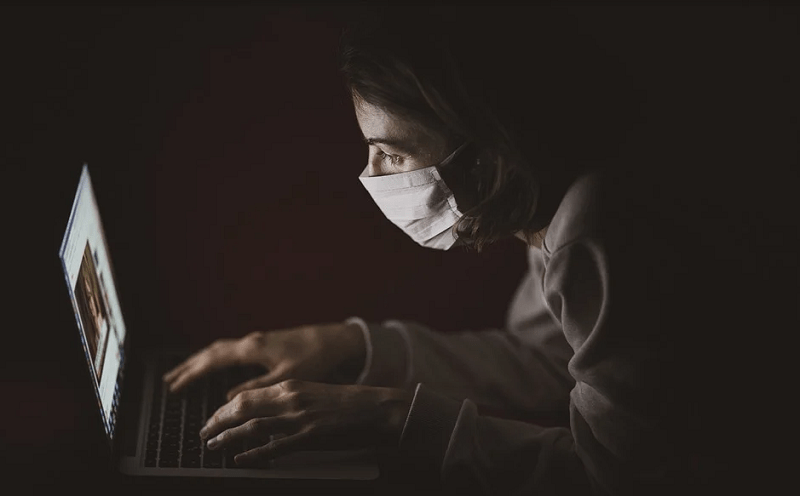Products You May Like
While we may well look back on the coronavirus pandemic as a distinctly human crisis, it’s the socio-economic impact of the virus that may ultimately prove to be most damaging.
According to estimates from the International Monetary Fund (IMF), the global economy is projected to contract by 4.4% by the end of 2020, with the average unemployment rate in developed nations falling from 5.2% to 8.5% at the start of quarter four.
On the flip side, however, the development of a potential vaccine for the coronavirus has the potential to provide a long-term economic boost, while simultaneously improving the level of sentiment across an array of financial markets.
How has the Vaccine Developed so Far?
As you can imagine, there has been something of a global effort to create a coronavirus vaccine, with the US leading a raft of countries including China, Russia, India, Australia, Germany and the UK.
The US-based effort has been particularly concerted, with the so-called operation Warp Speed having been launched in late March (after the virus transitioned into a global pandemic). From inception, the project has been commissioned with delivering 300 million doses of safe and effective Covid-19 vaccines by January 2021.
US firms have also participated in some high-profile collaborations, the most recent of which has arguably produced the world’s first clinically trialled and effective vaccine.
More specifically, New York-based Pfizer and the German company BioNTech have joined forces to create a milestone treatment that can prevent 90% of people from contracting Covid-19, with the vaccine having so far been tested on 43,500 in six countries dotted across the globe.
How Have the Markets Reacted to This and Throughout 2020?

As you can imagine, the world’s financial markets boomed as this news was announced, with stocks enjoying a particularly pronounced hike.
In general terms, the FTSE 100 jumped by nearly 5%, while global entities such as the Dow Jones and S&P 500 recorded similar (and in some instances record-breaking) hikes as market sentiment soared.
Interestingly, even shares in the most stricken industries saw their fortunes reverse on the back of the announcement, with airline, hotel and similar equities rising by as much as 53% after being largely decimated by the pandemic.
Of course, this continued a trend that was prevalent throughout the summer, with a potential vaccine proving to be a catalyst for sustained market volatility throughout the second and third financial quarters.
More specifically, stocks and currencies soared amid speculation that a vaccine was drawing closer, only to fall again once such rumours had been disputed or completely dismissed as being inaccurate.
As a result, traders have been required to factor in potential vaccine updates and the spread of the disease into their decisions over the course of the last six months, in addition to trading classic datasets such as real-time news and the economic calendar.
This trend is sure to continue throughout Q4 and well into 2021, but there’s no doubt that the confirmation and distribution of a viable vaccine would trigger a significant market hike.
